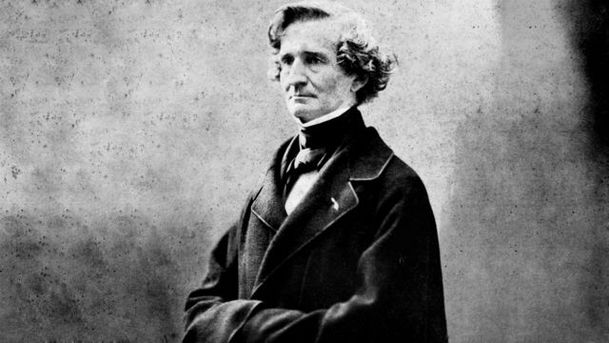Composer of the Week - Hector Berlioz (1803-1869) - Episode 2

Donald Macleod explores the music of Hector Berlioz in conversation with Sir John Eliot Gardiner, in this Composer of the Week 'special' recorded at the celebrated conductor's Dorset farm. For Gardiner, Berlioz is perhaps the greatest of French composers, and he speaks with a lifetime's experience of studying and performing this remarkable music. Today's programme explores two of Berlioz's symphonies - Harold in Italy and Romeo and Juliet. But are they really symphonies? Harold includes a part for solo viola, which suggests a concerto; but it's more like a 'song without words', evoking the spirit of Byron's Childe Harold, than a true concerto role. That's certainly what Paganini thought - he commissioned Berlioz to write it in the first place, then lost interest when he realised that it wasn't going to allow him sufficient scope to show off. And Romeo, with its voices, its chorus, and its plot, is as much a concert opera as it is a symphony, closely following the action of the Shakespeare play that had knocked the composer's socks off when he saw it in September 1827. Like a pioneering horticulturalist, Berlioz created new musical hybrids to suit his present purpose; no wonder that some of his contemporaries were confused. But in the process he created some of the most thrilling, dramatic and beautiful music of the 19th century.